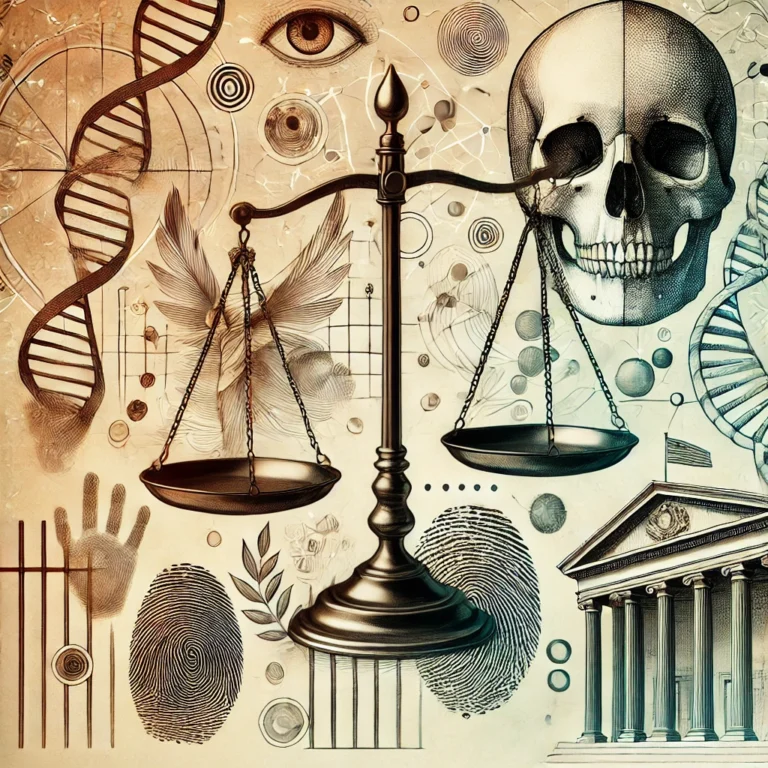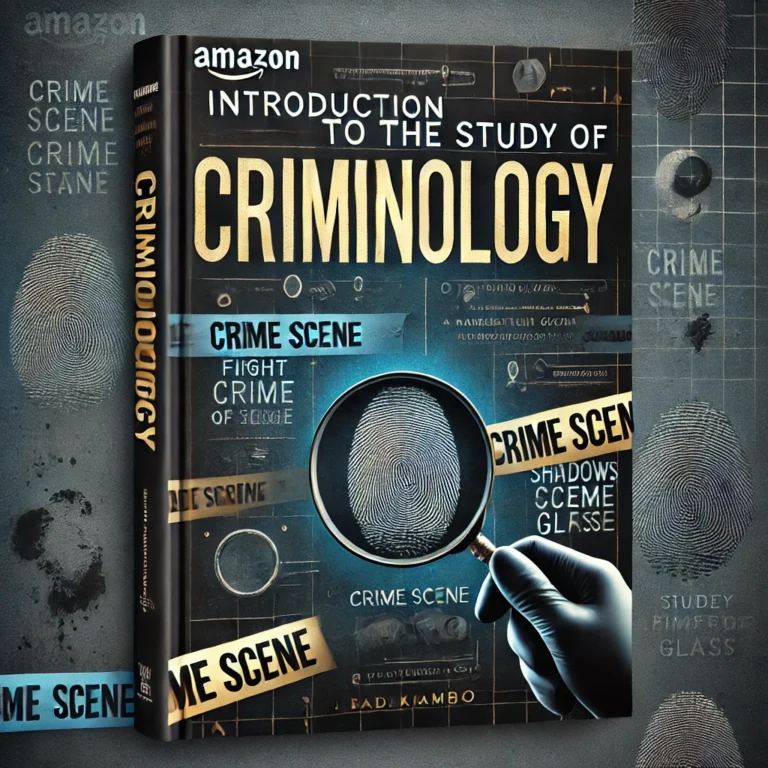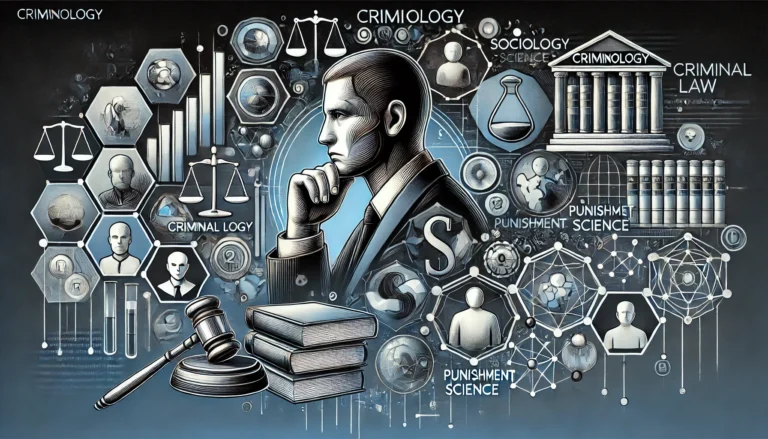Sigmund Freud: Freud’s Theory of Criminology
1. Introduction to Sigmund Freud and His Theories A) His Life and Works B) His Impact on Psychology and Criminology 2. Core Principles of Freud’s Psychological Theory A) Conscious and Unconscious Mind B) The Id and the Ego C) The Superego 3. Freud and the Analysis of Criminal Behavior A) Motivations for Criminal Behavior B)…









